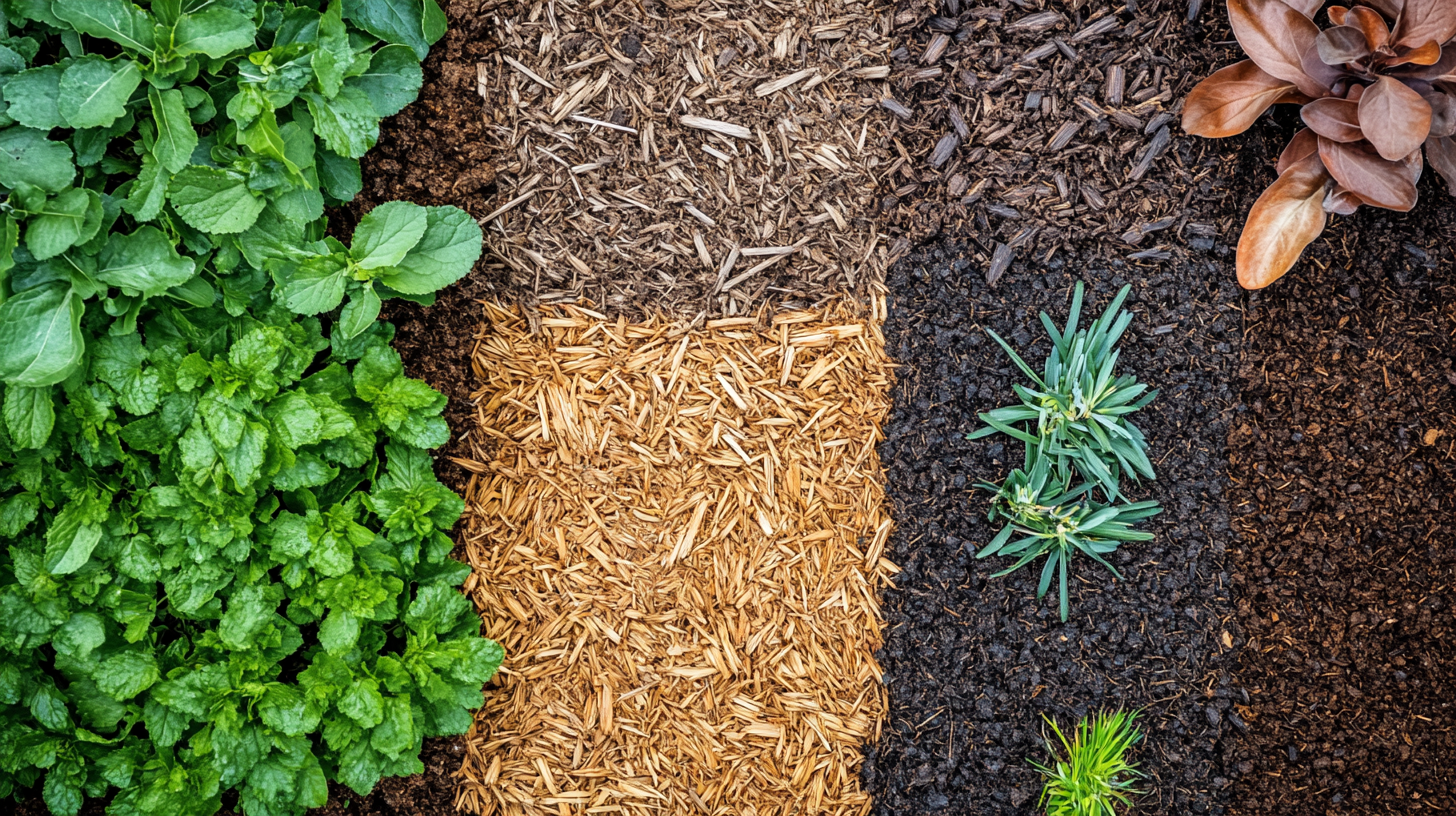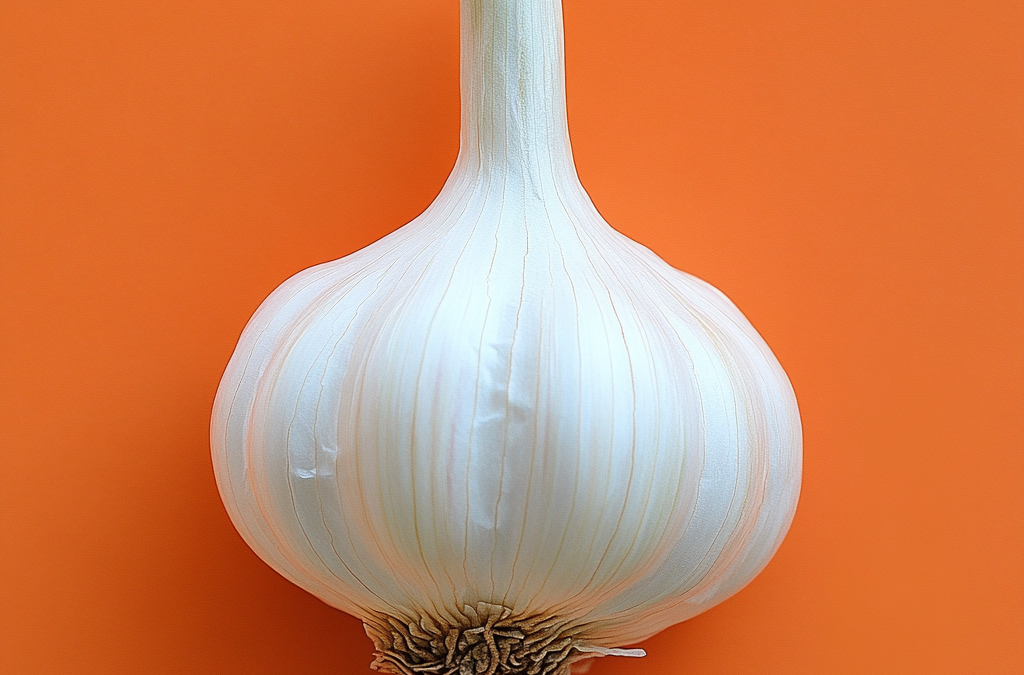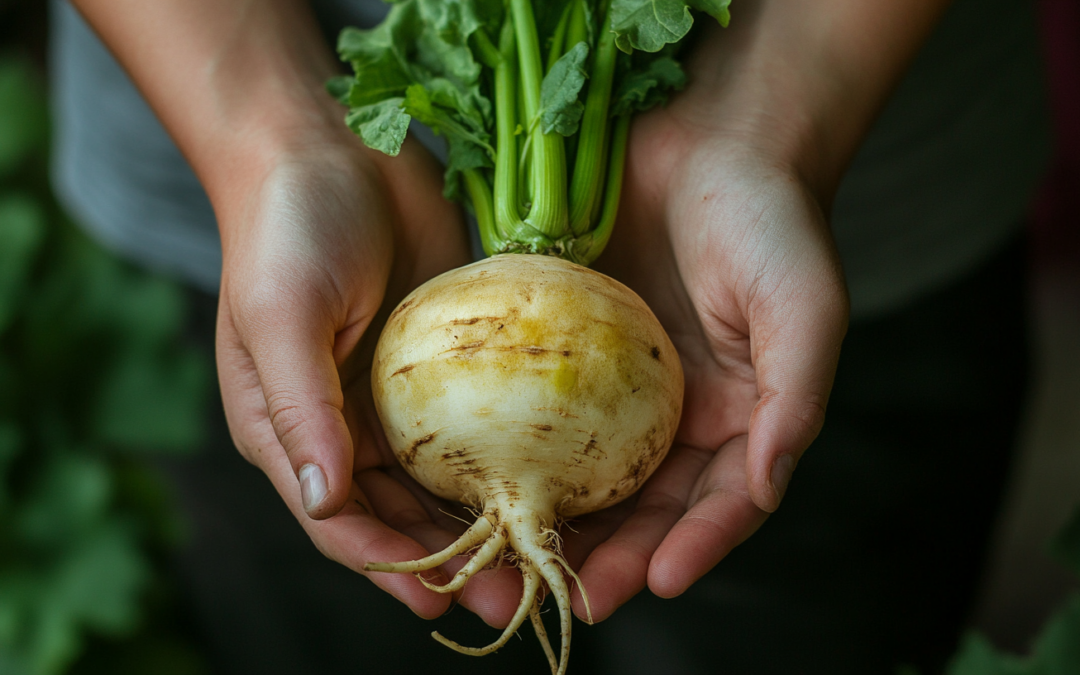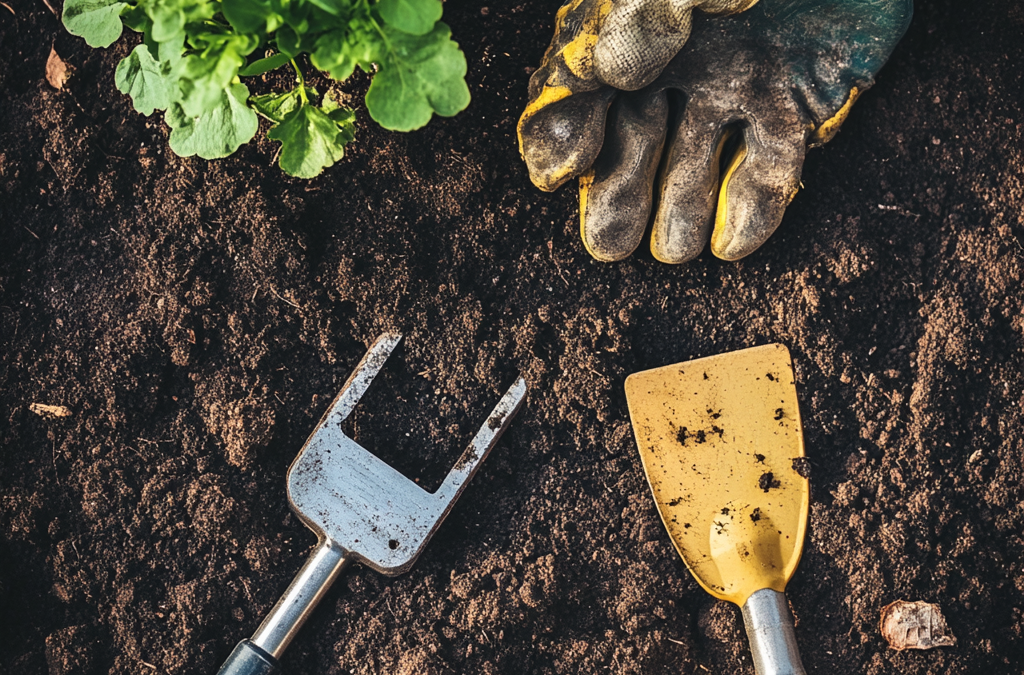Mulching is one of the simplest yet most effective ways to boost your garden’s health while keeping it sustainable. Whether you’re growing vegetables, flowers, or shrubs, adding mulch to your garden beds can transform the way your plants thrive. Here’s why mulching is a game-changer for sustainable gardening:
1. Retains Soil Moisture
Mulch acts as a protective barrier over the soil, reducing water evaporation. This means your plants stay hydrated longer, even during hot summer days, and you can water less frequently—a win for conserving water!
2. Suppresses Weeds
A thick layer of mulch blocks sunlight from reaching the soil, making it harder for weeds to grow. Fewer weeds mean less time spent pulling them out and more nutrients for your plants.
3. Improves Soil Health
Organic mulches like wood chips, straw, or shredded leaves break down over time, enriching the soil with nutrients and improving its structure. Healthy soil supports stronger, more resilient plants.
4. Regulates Soil Temperature
Mulch keeps the soil cooler in the summer and warmer in the winter, protecting plant roots from extreme temperatures and creating a more stable growing environment.
5. Reduces Soil Erosion
By covering the soil, mulch prevents rain and wind from washing it away. This is especially important for sloped gardens or areas prone to heavy rainfall.
6. Adds a Polished Look
On top of its practical benefits, mulch gives your garden a neat and finished appearance, making it more inviting and professional-looking.
How to Mulch Sustainably
- Choose Organic Mulch: Opt for materials like straw, grass clippings, bark, or compost. Avoid dyed or synthetic mulches that may contain harmful chemicals.
- Layer It Right: Apply a 2-3 inch layer of mulch around your plants. Too much mulch can suffocate roots, while too little may not be effective.
- Keep It Off Stems: Leave a small gap around the base of plants to prevent rot and pests from settling.
- Reuse What You Have: Repurpose fallen leaves, shredded paper, or even cardboard as mulch to save money and reduce waste.
Mulching is a simple step that can make a big difference in your garden’s health and sustainability. Give it a try and watch your plants—and the planet—thrive! 🌱
What’s your favorite type of mulch to use in your garden? Let us know in the comments!



